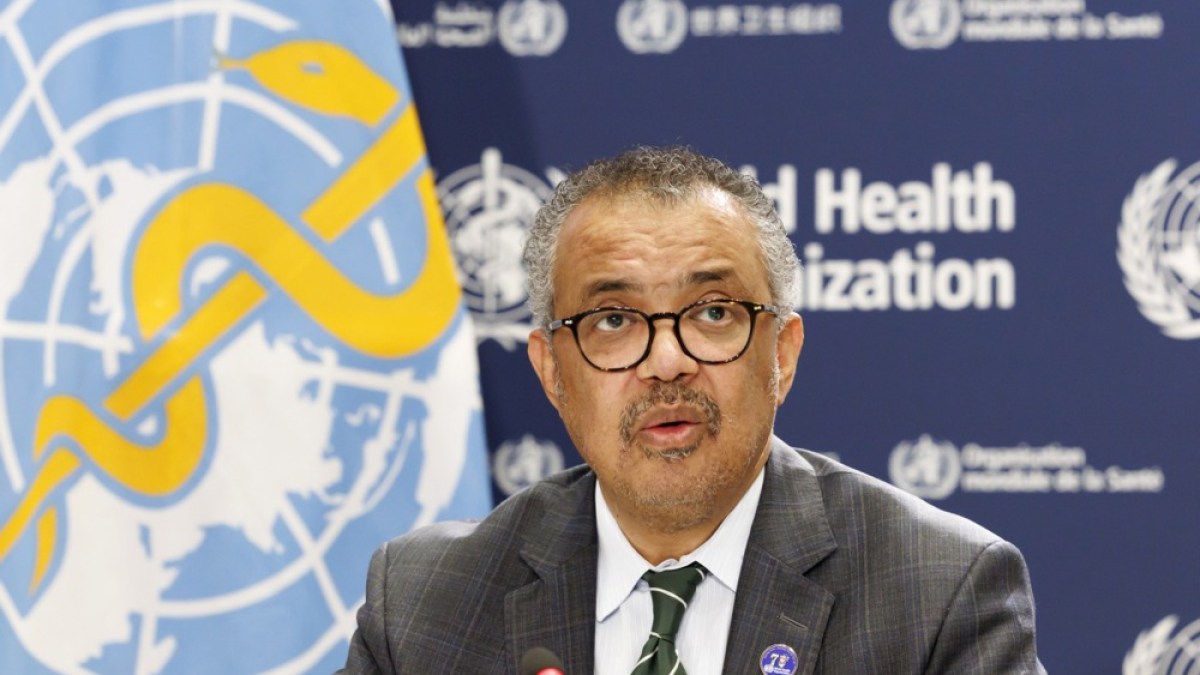Funding Freefall: WHO Warns of Unprecedented Global Health Emergency

In a stark warning about global health funding, WHO Director-General Dr. Tedros Adhanom Ghebreyesus has highlighted a critical challenge facing international health efforts. Contributions to the World Health Organization have plummeted dramatically across multiple funding streams, raising serious concerns about the organization's ability to respond to global health emergencies.
The sharp decline in financial support comes at a particularly vulnerable time, when global health challenges continue to mount. Dr. Tedros emphasized that these funding cuts could significantly impair the WHO's capacity to provide essential health services, support vulnerable populations, and respond quickly to emerging health crises around the world.
This funding shortfall threatens to undermine years of progress in global health initiatives, potentially leaving millions of people without critical medical support and preventive care. The WHO is now urgently calling on member states and international partners to reassess their commitments and restore funding to levels that can effectively address global health needs.
The situation underscores the delicate balance of international health support and the critical importance of sustained, reliable funding in protecting global public health.
